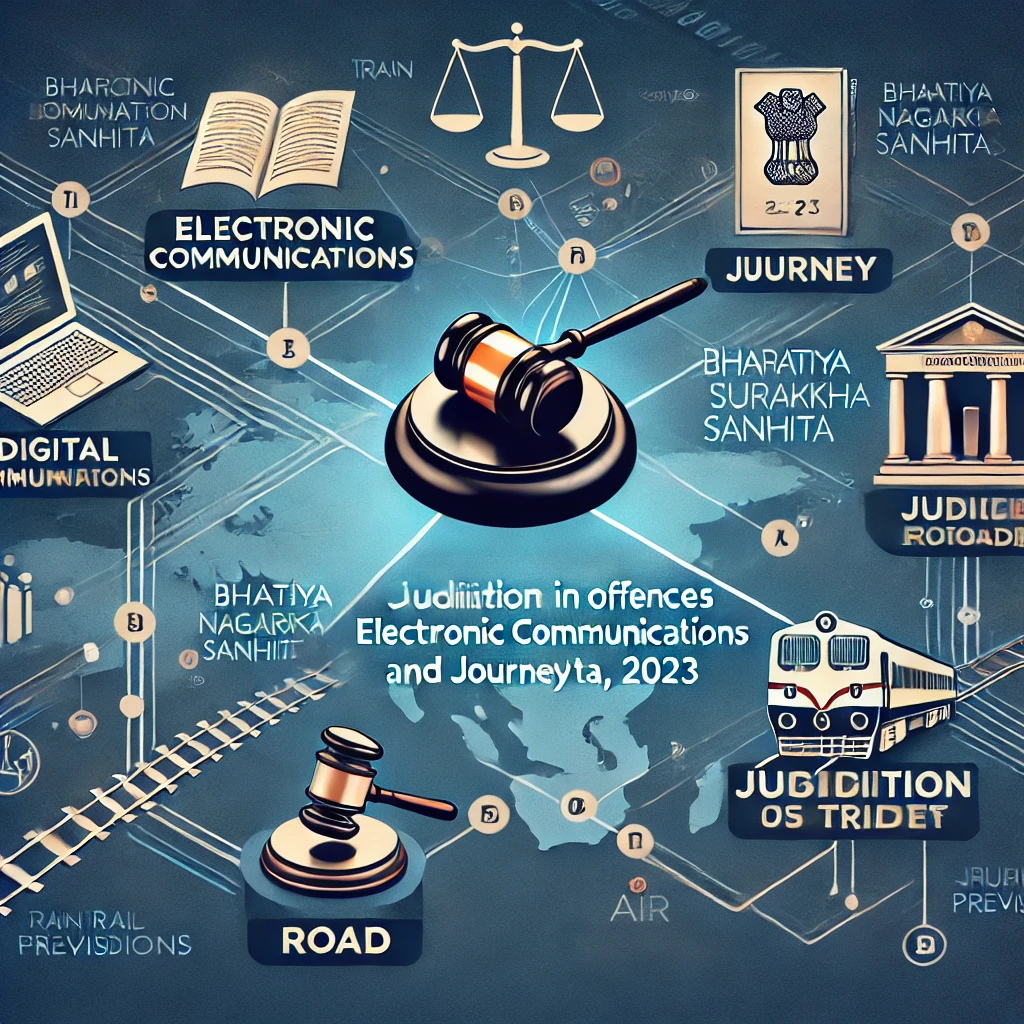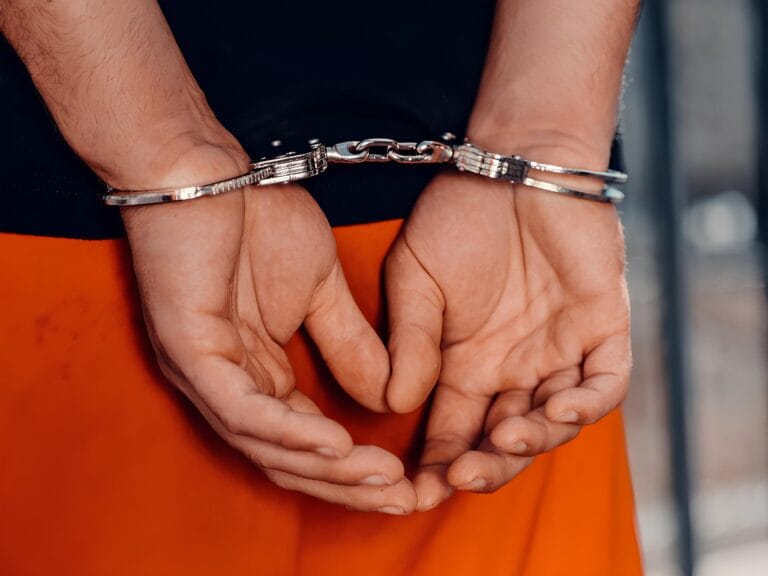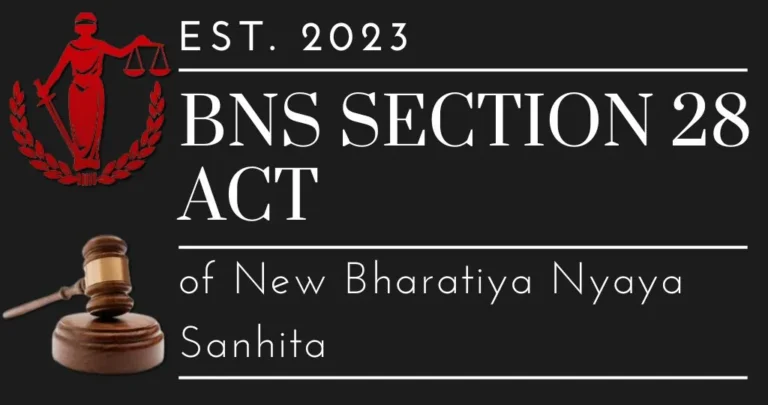
Jurisdiction in Offences Involving Electronic Communications and Journey: Provisions of Bharatiya Nagarik Suraksha Sanhita, 2023
The Bharatiya Nagarik Suraksha Sanhita, 2023, which replaced the Criminal Procedure Code and became effective on 1st July 2024, lays down specific guidelines regarding how some offences are to be tried depending on their nature.
In particular, Sections 202 and 203 deal with offences involving electronic communications, letters, and those committed in the course of journeys or voyages. This article will discuss these provisions in detail and give examples to illustrate the interpretation of these sections.
For More Updates & Regular Notes Join Our Whats App Group (https://chat.whatsapp.com/DkucckgAEJbCtXwXr2yIt0) and Telegram Group ( https://t.me/legalmaestroeducators ) contact@legalmaestros.com.
Section 202: Offences by Means of Electronic Communications, Letters, etc.
Section 202 addresses offences in respect of cheating or deception by means of electronic communications (such as emails, text messages, etc.), letters, or other telecommunications. Let’s summarize the key points of this section:
Deception By Means Of Electronic Communications
As per Section 202(1), if a person commits an offence of cheating, and the cheating is done by means of electronic communication, letters, or telecommunication messages, the case can be inquired into or adjudicated by a court within the jurisdiction where either:
The message or letter was sent, or
The message or letter was received.
This provision is essential in today’s digital age, where a lot of fraudulent activities happen over the internet or via electronic communication.
Example: If A, living in Delhi, deceives B, who is in Mumbai, through a fraudulent email promising a fake business opportunity, the offence can be tried either in Delhi (where the email was sent) or in Mumbai (where the email was received).
For More Updates & Regular Notes Join Our Whats App Group (https://chat.whatsapp.com/DkucckgAEJbCtXwXr2yIt0) and Telegram Group ( https://t.me/legalmaestroeducators )
Cheating and Inducing Delivery of Property
Moreover, Section 202(1) also provides for offences in which cheating results in someone being dishonestly induced to deliver property. The case can be investigated or heard by a court in the jurisdiction where:
The person deceived delivered the property, or
The accused received the property.
Example: A from Bangalore dupes B from Chennai into sending money for a fraudulent investment scheme. The case may be prosecuted in either Chennai (where the money was handed over) or in Bangalore (where money was accepted).
Offences Under Section 82 of Bharatiya Nyaya Sanhita, 2023
Section 202(2) applies to any offence under Section 82 of the Bharatiya Nyaya Sanhita, 2023. The offences can be investigated or be tried by a court in whose jurisdiction:
The offence has been committed,
The offender had their last abode with his wife from the earlier marriage, or
The first wife has taken up permanent residence after the offence.
Illustration: If an individual commits an offence punishable under Section 82, like polygamy, while living in Pune with his or her first wife, but the wife subsequently shifts herself permanently to Hyderabad, the case may be tried in either of the places, namely Pune or Hyderabad.
Section 203: Offences Committed During a Journey or Voyage
Section 203 deals with offences committed on a journey or voyage. It states that where an offence is committed in the course of a journey or voyage, it may be inquired into or tried by a court exercising jurisdiction in any place by which the person or thing was passing during the journey.
This part is relevant for crimes perpetrated on mobile platforms such as trains, buses, or ships, where the venue of the crime may not be fixed.
Example: If A, who is going from Mumbai to Delhi by train, perpetuates a crime on the train, the crime can be tried in any court through which the train has traveled during the trip, for example, Jaipur, if the train passed through Rajasthan.
Key Points of Earlier Sections (197-200)
In order to fully comprehend how jurisdiction functions in criminal matters, one needs to look at Sections 197-200, which cover a number of situations where offences are committed within several jurisdictions or where the precise place of the offence is uncertain. These sections make it clear how courts may exercise jurisdiction in complicated cases.
Section 197: All offences are usually tried by a court within whose local jurisdiction the offence was committed.
Section 198: Addresses offences where the place is doubtful or extends to several areas.
Section 199: Describes jurisdiction for offences where effects of the act are in a different location from where the act was done.
Section 200: Pertains to offences that have a connection to other offences which may have occurred in another jurisdiction.
For detailed discussion of these sections, go through earlier articles on Live Law Hindi, wherein they have been elaborated upon at length.
Sections 202 and 203 of the Bharatiya Nagarik Suraksha Sanhita, 2023 set forth specific direction regarding how offenses through electronic communication and offenses that occur during travel must be treated by the courts. These provisions are necessary in the modern age, where offenses do not stay within geographical limitations and are rather spread over distant places, done electronically, or in transit.
By allowing courts in multiple jurisdictions to try such offences, the law ensures that offenders cannot escape justice simply by committing crimes from a remote location or while on the move. These provisions reflect the need for flexibility in the criminal justice system to adapt to modern forms of communication and travel, ensuring that justice is served wherever the offence may occur.






